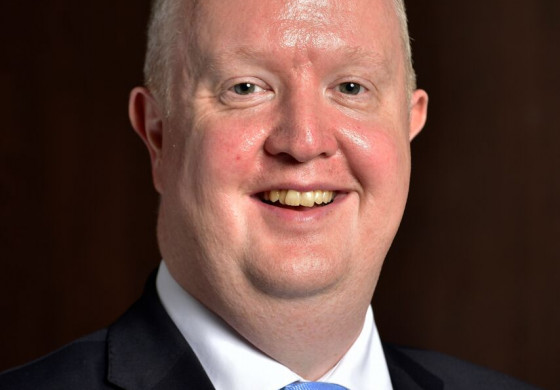
Dr Gary Smyth
President
Founded in 1844 and incorporated by Parliament in 1950 the Faculty of Homeopathy supports registered medical professionals with their homeopathic practice. We are the only homeopathic organisation to be recognised by professional bodies such as the General Medical Council (GMC) and we have nine course providers, including four overseas.
The Faculty was incorporated by an Act of Parliament in 1950. The Act recognises the Faculty’s role in regulating the education, training and practice of homeopathy by the medical profession. Amendments to the Byelaws and Regulations over the years have extended the Faculty’s role to include other statutorily registered healthcare professionals.
The Faculty Council is the governing body of the Faculty. It is responsible for overseeing the Faculty’s plan, the policy making process and setting the annual budget.

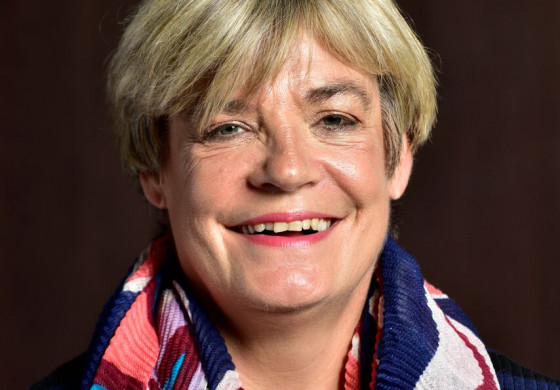
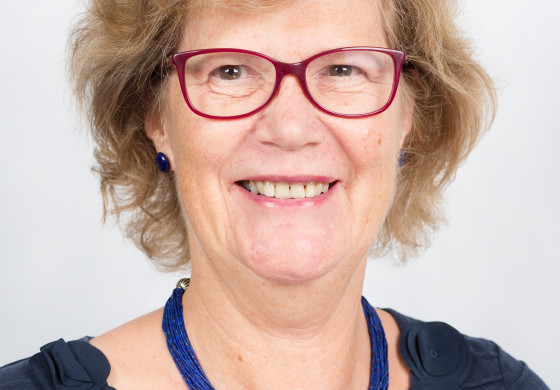
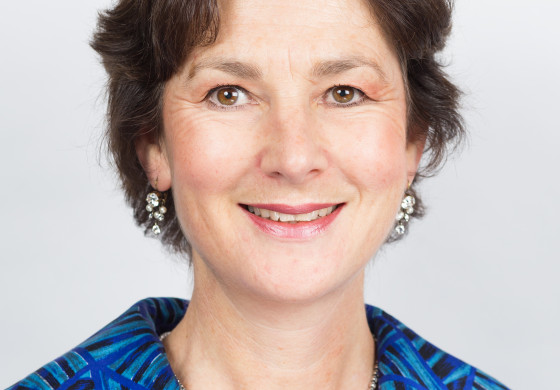
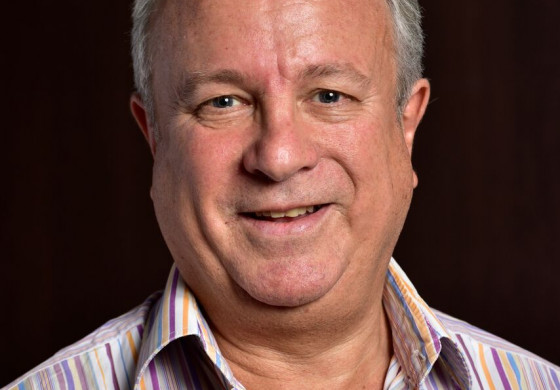
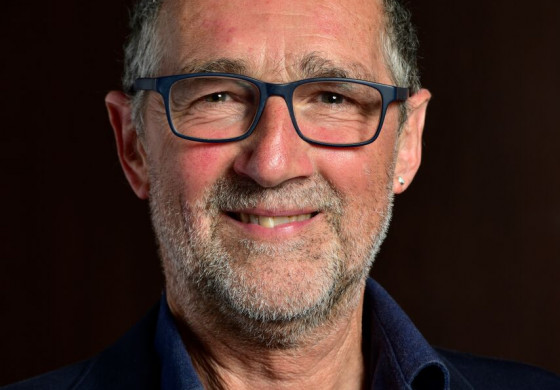
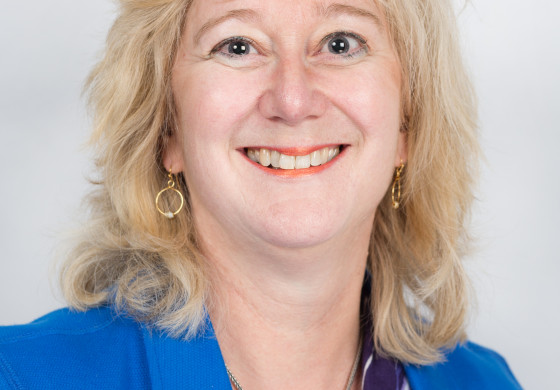

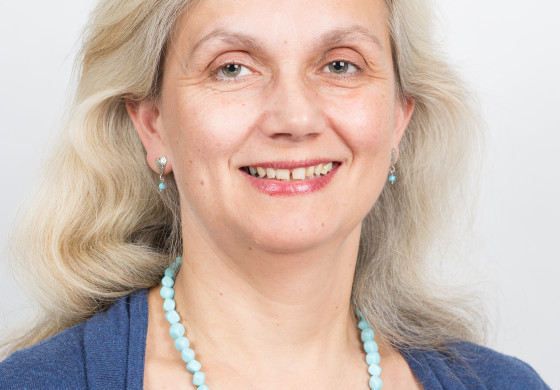
The work of the Faculty falls into three key areas – Academic, Promotion and Membership – and is led by three standing committees. Each committee has clear terms of reference and a convener who provides leadership and works closely with the professional staff at the Faculty Office. The work of each committee is contained in the Faculty’s strategic plan which is evaluated and revised as part of a regular annual timetable.
Responsible for the educational work of the Faculty including the development of the core curriculum, accreditation, curriculum development and oversight of continuing professional education. Membership of the Academic Board is by appointment and includes the president, representatives from the Faculty-accredited teaching centres and the Deans. The convener of the Academic Board is the Medical Dean.
The Board of Examiners is a sub-committee of the Academic Board. It is responsible for examinations policy and for ensuring quality and consistency in Faculty exam assessment. Its membership consists of Deans and representatives from the Faculty’s panel of accredited examiners.
The Members’ Committee is the main link between the Faculty and the membership. It consists of 21 regional and professional group representatives.
The role is to provide briefings to members via their local groups and professional networks and to highlight the priorities of members at the Members’ Committee. The committee elects a convener who sits on Council to represent members’ views.
For a list of local groups please click here
The Promotion Network consists of Faculty members who actively engage in promoting homeopathic medicine and/or the Faculty in the media, for example by writing articles and appearing on TV and radio programmes. Membership of the Promotion Network is open to all members who have skills and experience in this field and are willing to be called on occasionally to represent the Faculty in response to media requests for a spokesperson. The Communications Co-ordinator is appointed by, and is a member of, the Faculty Council and is the link between the promotion network and Council.
This committee deals with all disciplinary matters. If a complaint is made against a member it is forwarded confidentially to the Chair of the Committee who then investigates the complaint according to the Faculty’s complaints and concerns procedure.